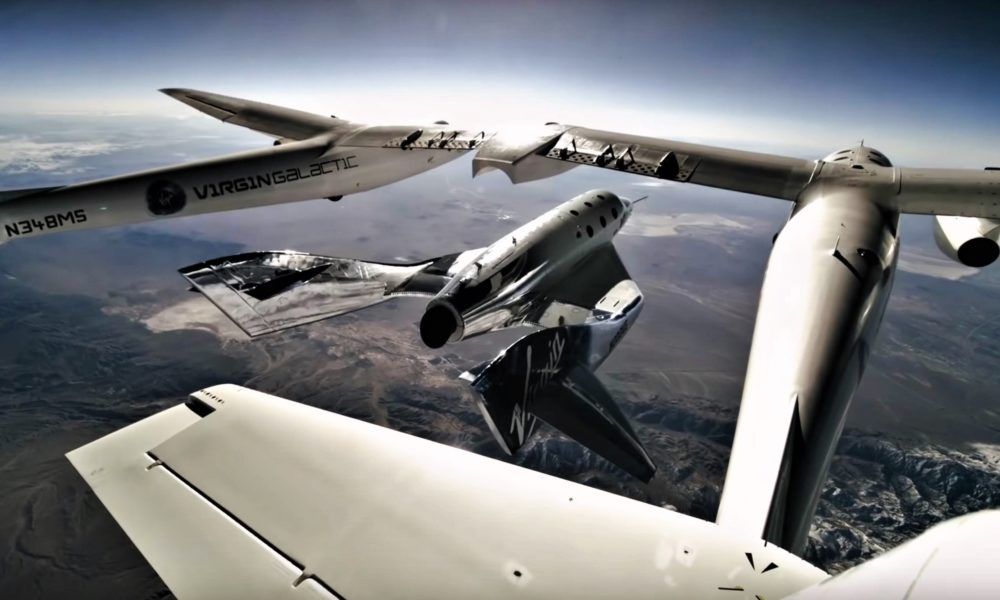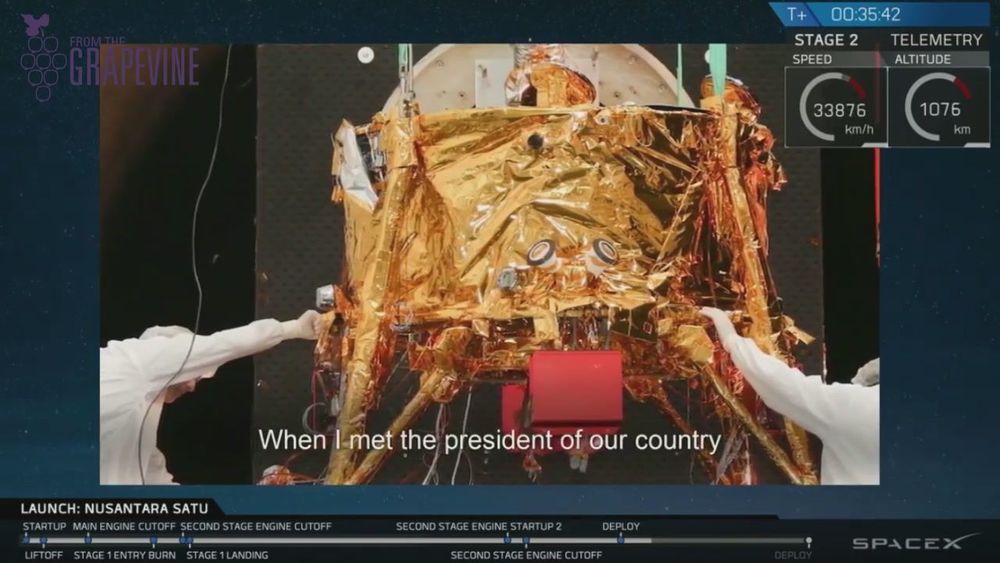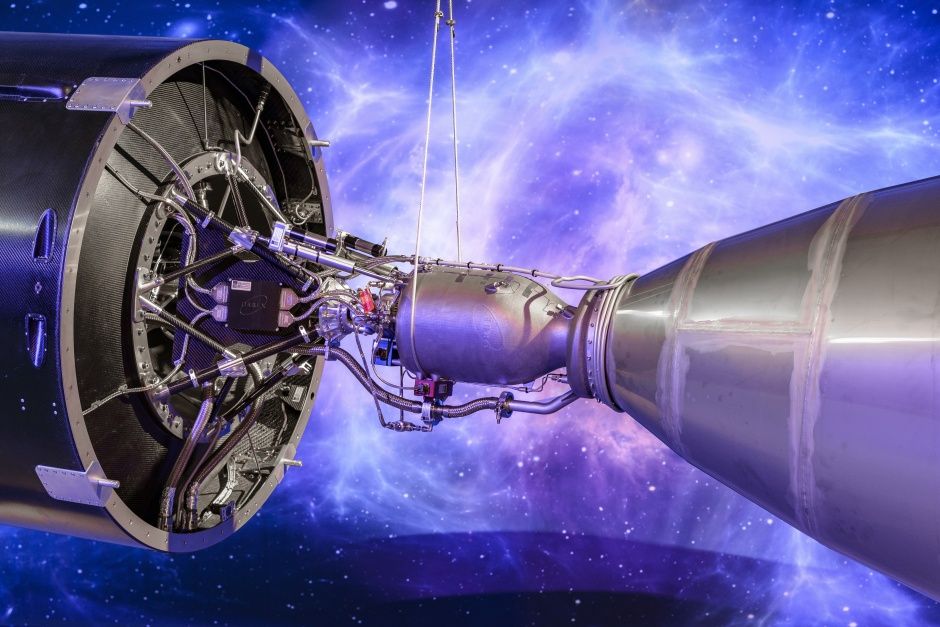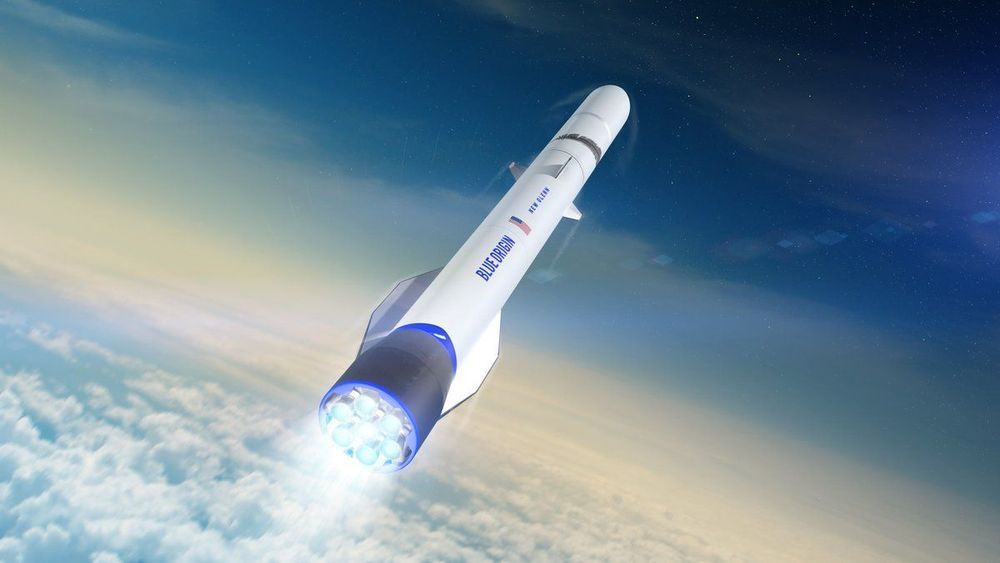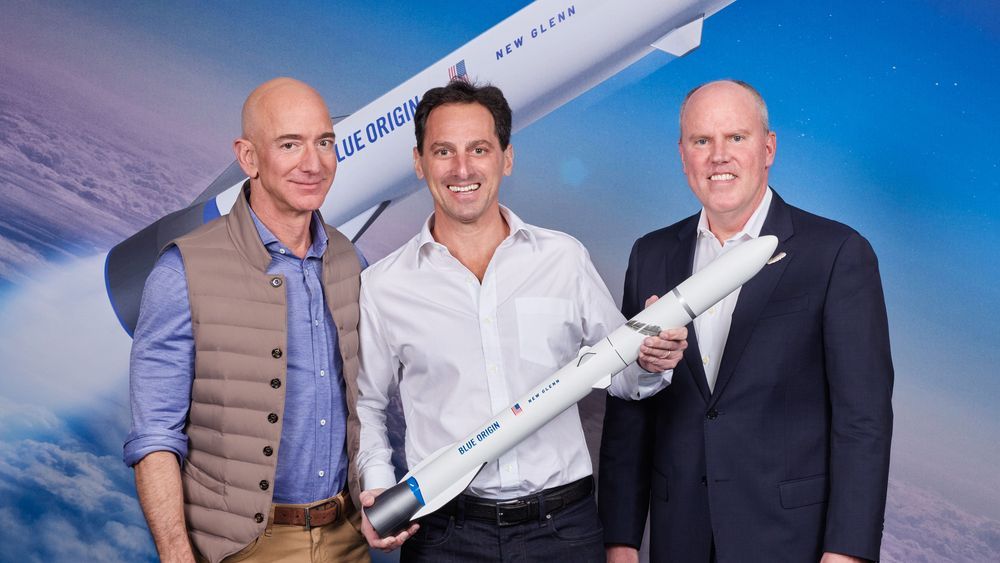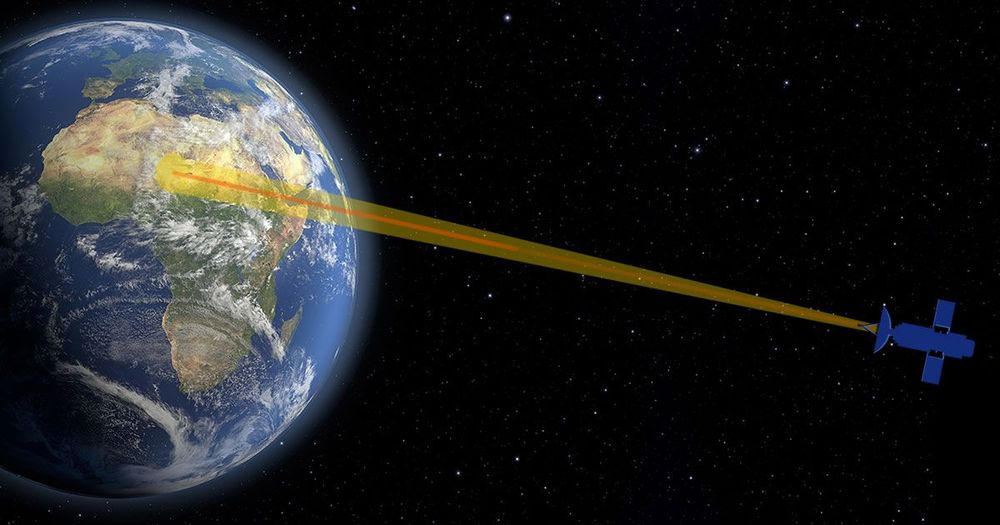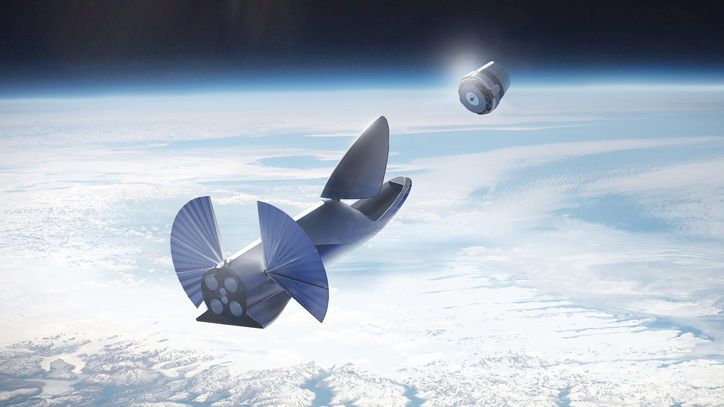Mar 7, 2019
Flooding on the Russian River: Another atmospheric river brought soaking rain to an area that was already saturated
Posted by Michael Lance in category: satellites
Flooding on the Russian River: Another atmospheric river brought soaking rain to an area that was already saturated, leading to near-historic river crests in Sonoma County, California. NASA Earth satellites saw the flood waters: https://go.nasa.gov/2IWVIZT
